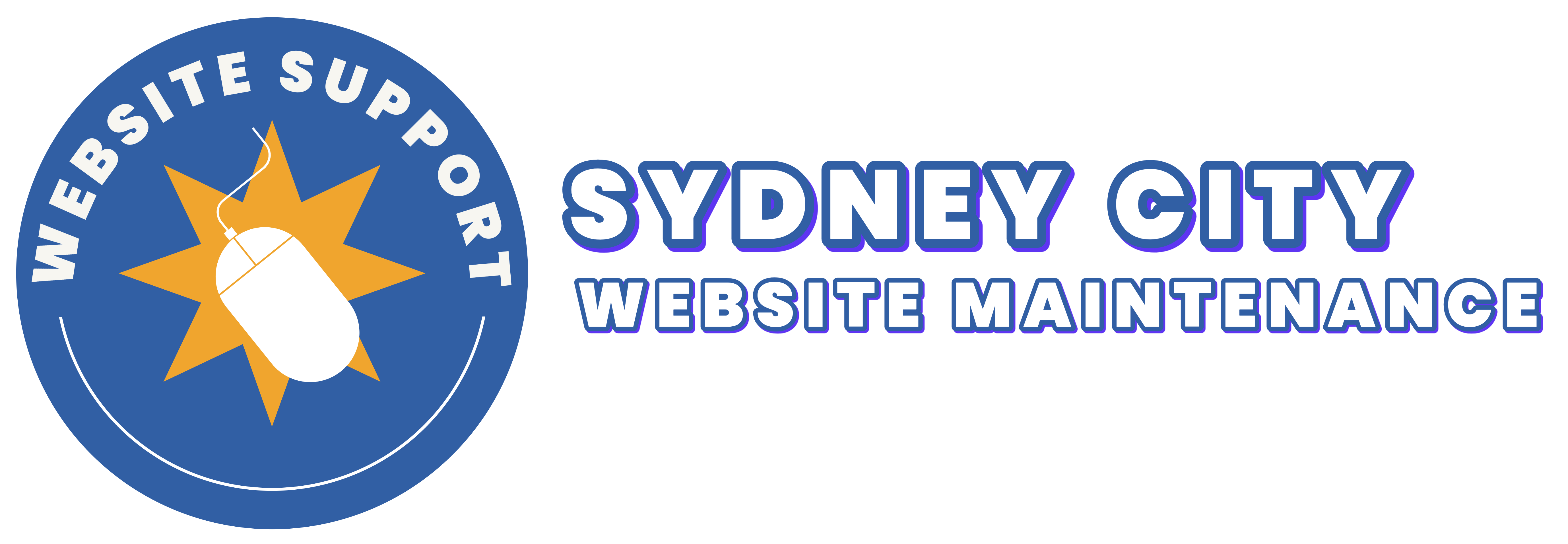Stay Safe Online: Block Hackers Effectively
The internet is full of opportunities, but it also comes with risks—especially for website owners. Cybercriminals are always on the lookout for vulnerabilities, ready to exploit weak security measures. A single hack can compromise sensitive data, damage your reputation, and even take your site offline. The good news? You can take control and protect your website from these threats with the right security practices.
Blocking hackers isn’t just about installing antivirus software or using strong passwords. It’s about adopting a proactive mindset. Regular updates, secure hosting, and multi-layered defenses can make all the difference. Whether you’re running a business website or a personal blog, staying ahead of cyber threats ensures a safer, smoother experience for you and your visitors.
Stay Safe Online and Keep Hackers Away
Online threats are growing, and hackers are always looking for ways to exploit websites with weak security. If your site isn’t protected, you risk data breaches, downtime, and financial loss. Cybercriminals use tactics like phishing, malware, and brute force attacks to gain access to sensitive information. Without proper defenses, your website could become an easy target, affecting both you and your visitors.
To keep hackers away, start by using strong passwords, enabling two-factor authentication, and keeping your software updated. Regular security audits can help identify vulnerabilities before attackers do. Investing in an SSL certificate, secure hosting, and firewall protection adds an extra layer of defense. A proactive approach ensures your website remains safe, functional, and trustworthy.
Block Hackers Effectively and Protect Your Website

Hackers don’t discriminate when it comes to website attacks. Whether you run a small blog or a large e-commerce store, your site is a potential target. Cybercriminals exploit weak passwords, outdated plugins, and unsecured networks to gain access. If your website gets hacked, it can lead to stolen customer data, lost revenue, and even legal consequences. That’s why website security should never be an afterthought.
To block hackers effectively, implement strong authentication methods and regularly back up your website. Install security plugins that monitor for suspicious activity and alert you to potential threats. Educate your team on safe online practices to prevent accidental security breaches. A combination of technology and awareness is the best way to keep hackers at bay and maintain a secure online presence.
Smart Ways to Prevent Hackers from Attacking
Cyberattacks happen daily, and no website is completely immune. Hackers use automated bots to scan the web for security loopholes, targeting outdated systems and weak passwords. If your website isn’t secured, you could lose important data, face downtime, or even deal with financial fraud. Being aware of these risks is the first step toward better protection.
Preventing attacks starts with strong cybersecurity habits. Enable automatic updates for your software, use unique passwords, and restrict access to sensitive areas of your website. Adding a web application firewall (WAF) can help filter out malicious traffic before it reaches your site. Taking these preventive measures reduces the chances of an attack and helps keep your online platform safe.
Online Security Tips to Keep Your Site Safe
A secure website builds trust with users and keeps your data protected. Cybercriminals are constantly developing new ways to breach online security, targeting weak passwords, outdated software, and unsecured networks. If you don’t take action, your website could be compromised, leading to downtime and loss of sensitive information.
One of the best ways to secure your site is by implementing SSL encryption to protect data transfers. Regularly updating your CMS, themes, and plugins also helps prevent security vulnerabilities. Use strong passwords and enable two-factor authentication to make unauthorized access more difficult. A few simple security measures can go a long way in keeping your website safe from cyber threats.
Protect Your Website and Stop Cyber Threats
Website security is more important than ever, with cyber threats on the rise. Hackers use different methods, such as phishing, ransomware, and SQL injections, to steal data and disrupt operations. If your site lacks proper security, you could become a victim of these attacks, leading to financial and reputational damage.
To stop cyber threats, make sure your website is regularly backed up so you can restore it quickly if an attack happens. Use a secure hosting provider with strong security features and activate monitoring tools that detect suspicious activity. Educate yourself and your team on best security practices to reduce risks. By staying informed and taking action, you can keep your website safe from cybercriminals.
Simple Steps to Strengthen Your Online Security
Strengthening your online security doesn’t have to be complicated. Many websites fall victim to cyberattacks due to simple mistakes, such as weak passwords and outdated software. Hackers look for these vulnerabilities and exploit them to gain access to your website. Taking a few proactive steps can make a huge difference in keeping your site secure.
Start by using complex, unique passwords for all logins and enabling two-factor authentication. Keep your website’s software updated, as outdated systems are a common entry point for hackers. Installing security plugins and using a firewall can help block malicious traffic before it reaches your site. These simple yet effective steps significantly improve your website’s security and keep hackers at bay.
Keep Hackers Out with These Security Measures
Hackers use a variety of techniques to infiltrate websites, from brute force attacks to malware injections. If your website lacks strong security measures, it could be compromised within minutes. This can lead to stolen user data, loss of revenue, and even damage to your business’s reputation. The good news is that there are effective ways to prevent these attacks.
Using a secure hosting provider, regularly updating your software, and enabling automatic backups are crucial steps to keeping hackers out. Implementing CAPTCHA on login pages and limiting login attempts can also prevent brute force attacks. Additionally, monitoring website activity helps detect suspicious behavior early. With the right security measures in place, you can significantly reduce the risk of cyber threats.
Avoid Cyber Attacks and Secure Your Website
Cyberattacks are becoming more sophisticated, making it essential to prioritize website security. Hackers target weak security points to steal sensitive information, install malware, or disrupt operations. Without proper protection, your website could be vulnerable to attacks that compromise both your business and customer trust.
To avoid cyberattacks, always use a secure connection with SSL encryption and ensure your website software is up to date. Enable strong authentication methods, such as two-factor authentication, to prevent unauthorized access. Regularly backing up your site ensures you can recover quickly if an attack occurs. By following these security best practices, you can create a safe and reliable online environment for your users.
Conclusion
Cyber threats are everywhere, but that doesn’t mean your website has to be an easy target. Taking the right precautions—like strong passwords, regular updates, and security monitoring—can keep hackers out and your site running smoothly. A secure website isn’t just about protecting data; it also builds trust with visitors and keeps your business safe from costly disruptions.
Need expert help securing your website? Sydney City Website Maintenance is here to protect your online presence. Based in Sydney, NSW, we offer proactive security solutions tailored to your needs. Get in touch today and let’s make your website stronger, safer, and ready for anything.
